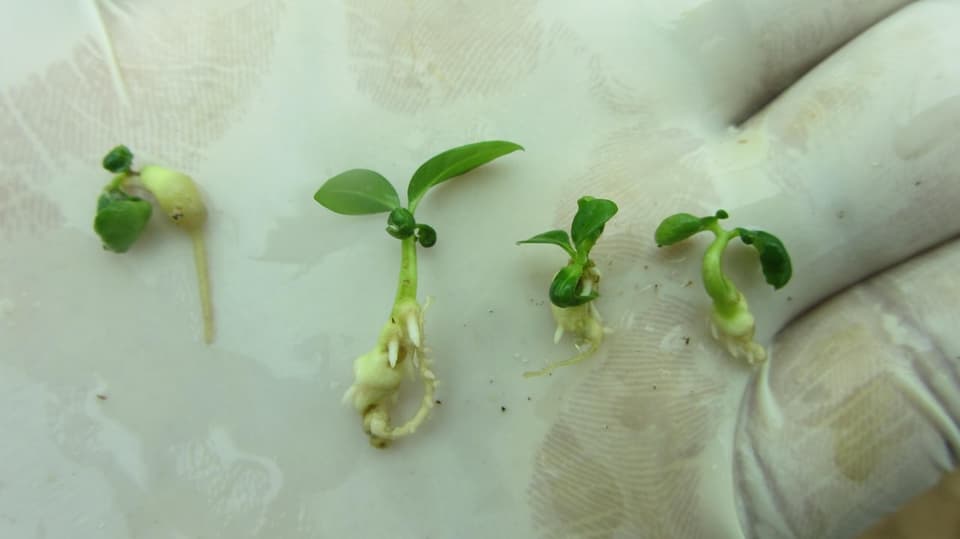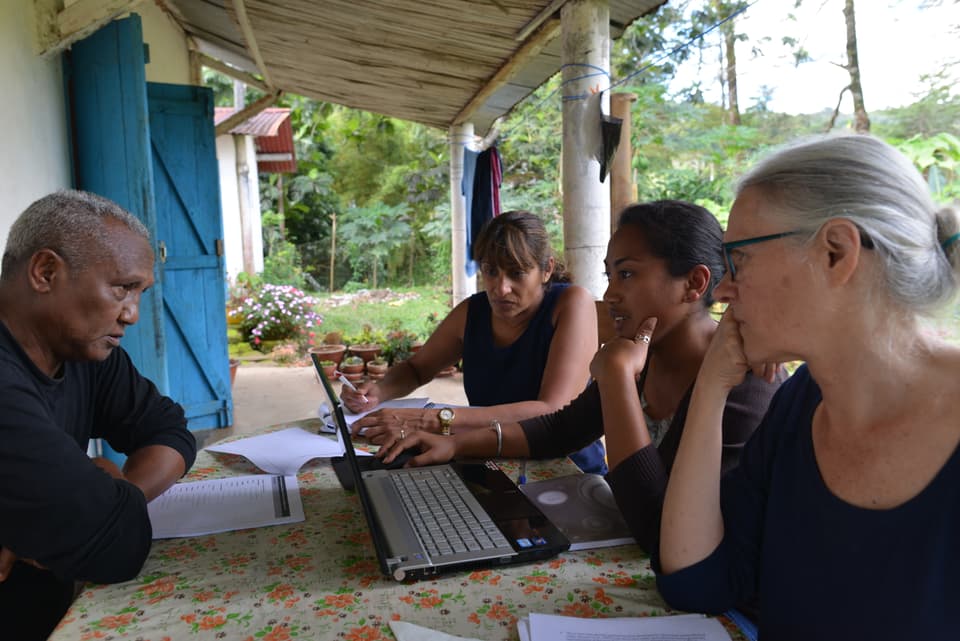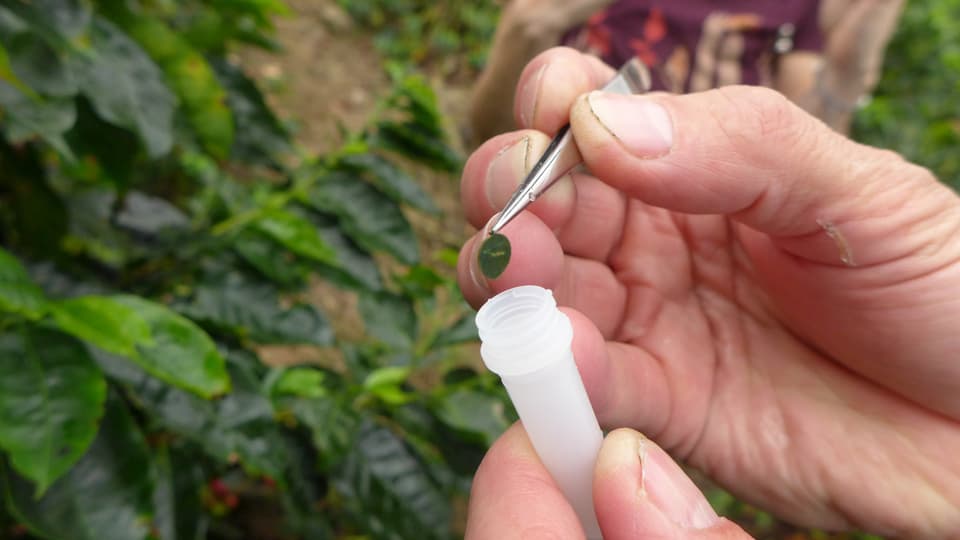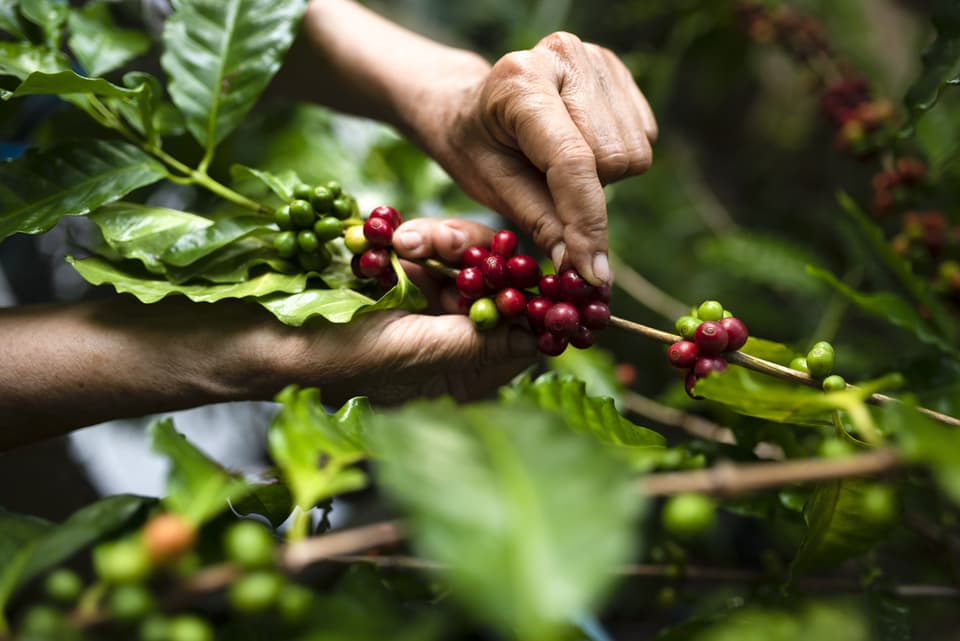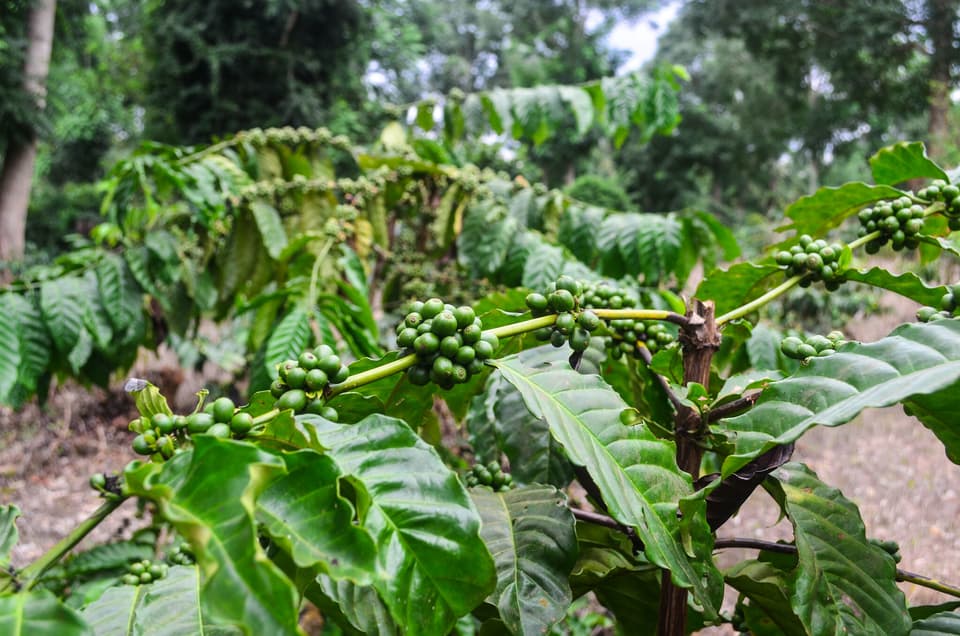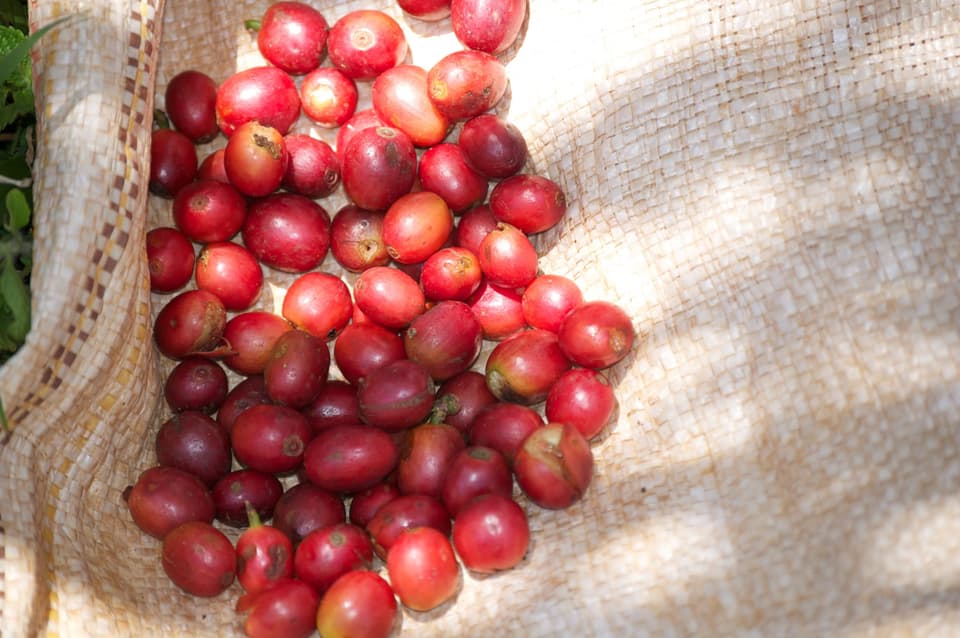The United States is primarily an importer and roaster of coffee but produces small volumes in Hawaii, Puerto Rico, and California. Hawaii’s Kona coffee is internationally recognized for quality, Puerto Rico has a long heritage of coffee cultivation, and emerging California farms are testing high-end specialty coffees and varieties suited to warmer climates. U.S. coffee research institutions, including USDA-ARS and universities, contribute significantly to global coffee science, from breeding to pest management. U.S. research leadership continues to shape coffee sector innovation worldwide.

United States
The U.S., though a small coffee producer, brings outsized scientific expertise to global coffee research. The U.S. participates in the Innovea global arabica breeding network via a partnership with the United States Department of Agriculture (USDA) via the Daniel K. Inouye U.S. Pacific Basin Agricultural Research Center in Hilo. Scientists from USDA have also contributed to projects creating advanced breeding tools to enable more efficient and effective breeding, low-cost SNP variety verification tools, and efforts to support conservation of coffee genetic resources. Between 2019 and 2025, the U.S. also participated in the International Multilocation Variety Trial (IMLVT), the world’s largest arabica variety performance trial, hosting sites in both Puerto Rico and Hawaii.
Current Activity
Programs in United States
Our Partners
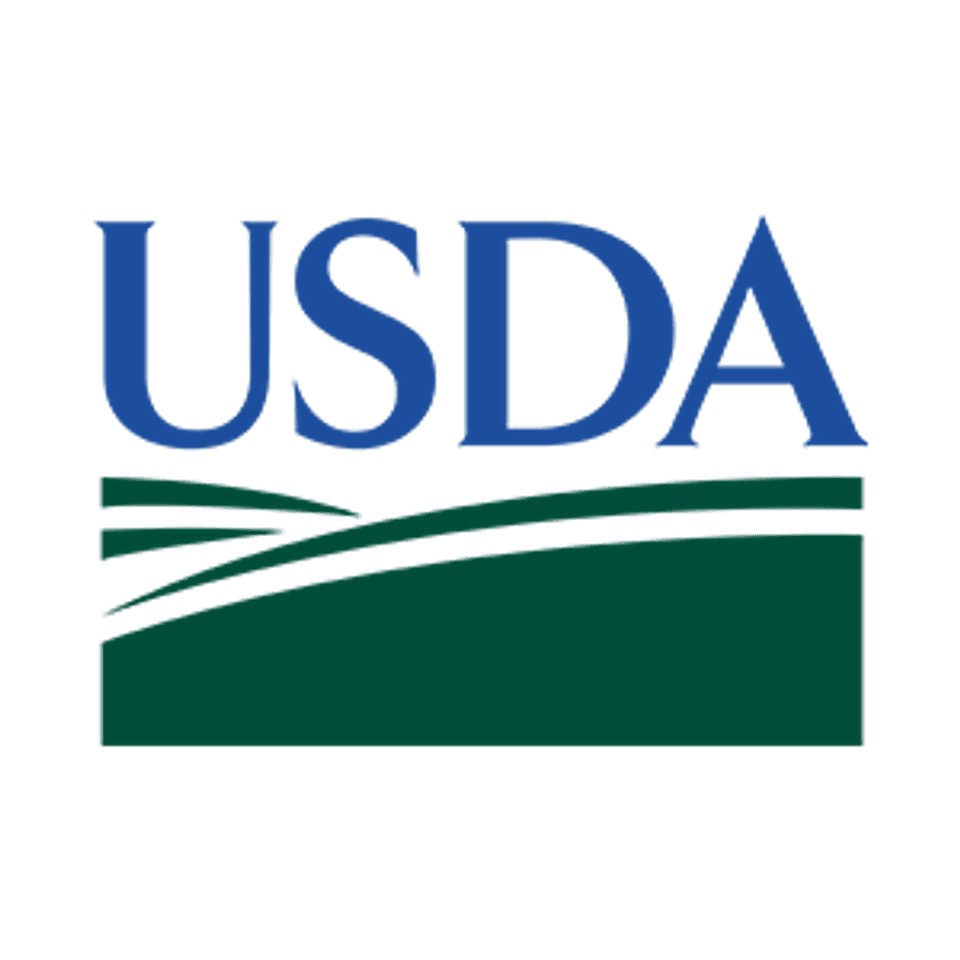
USAID
The Agricultural Research Service (ARS) is the U.S. Department of Agriculture's chief scientific in-house research agency. Their mission is to deliver scientific solutions to national and global agricultural challenges, from field to table.

